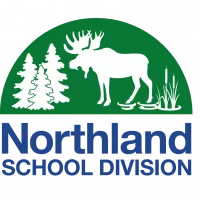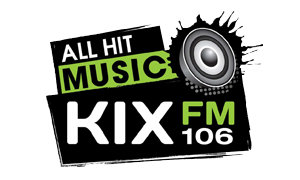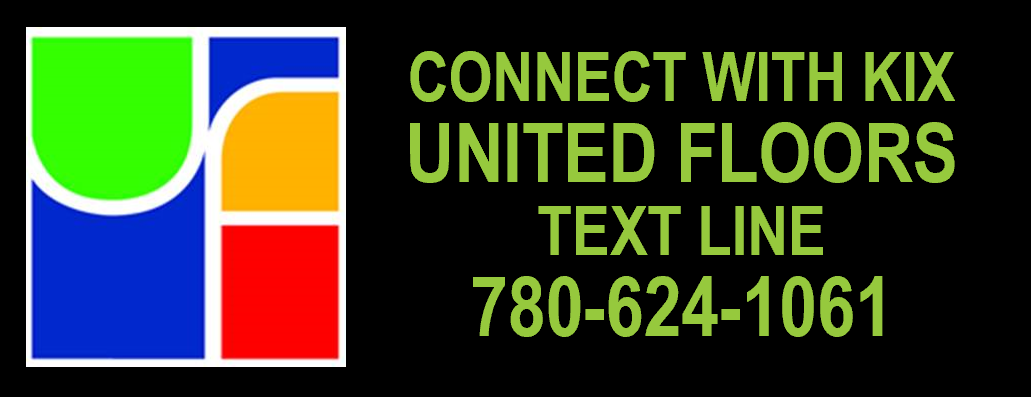
Courtesy: Northland School Division
Northland Online School shares exciting growth and future plans
Principal Mark Burke and Vice-Principal Tessa Dagenais gave an engaging update to the Board about how Northland Online School is growing and evolving. Since opening in 2021, the school has added new grades each year and now serves students from Kindergarten to Grade 12. This spring, they will proudly celebrate their first graduating class.
Northland Online School has become a key part of how students learn across the division. In fact, over 70 percent of Northland’s 2023-2024 graduates took at least one course through Northland Online School. It has also welcomed students with unique needs and schedules, including a student currently playing in the Western Hockey League.
Northland Online School supports schools when in-person teachers are unavailable. A certified teacher delivers lessons remotely while an educational assistant provides in-person classroom support. This helps keep students learning and on track when a regular teacher is away.
Looking ahead, the school plans to launch a summer school in July 2025 and develop an asynchronous adult education program. Students can choose between real-time online classes with a teacher (synchronous learning) or working on their own time with teacher support (asynchronous learning).
Board nominates Anzac educator for Edwin Parr Teacher Award
The Board has nominated Emily Griffin, a teacher at Anzac Community School, for the 2025 Edwin Parr Teacher Award. This award recognizes outstanding first-year teachers in Alberta.
2025-2026 Northland School Division Calendar approved by the Board
The Board approved the 2025-2026 School Year Calendar. On an annual basis, the Board has the responsibility to set the school division calendar as set out in Section 60 of the
Education Act. The calendar outlines operational days, professional learning dates for staff and holiday breaks. The first day of school for students is after the Labour Day
weekend on Tuesday, September 2, 2025.
Tri-Annual Report #2 for 2024-2025 presented to the Board
Superintendent of Schools/CEO Cal Johnson shared the second Tri-Annual Report for the 2024-2025 school year. The report highlights how Northland is meeting its goals and improving student learning. Inside the report, you’ll read about:
• Students learning Cree, Dene, and Michif, and taking part in land-based activities like trapping and ice fishing.
• How schools are using coding, storytelling, and science to boost reading, writing, and math skills.
• Ways teachers are learning from Elders and Knowledge Keepers and connecting culture to the classroom.
• How data is helping Northland make strong decisions and share its success at education conferences.
Board approves purchase of four new school buses
The Board approved the purchase of four 64-seat school buses from Western Canada Bus for $785,689.80, including GST. The cost will come from capital reserves. NSD is focused on updating its school bus fleet to make sure students and staff can travel safely and reliably, especially in the challenging conditions across the communities we serve.
Board supports new dual credit course for high school students
The Board has authorized Administration to acquire the Educational Assistant Practical 3-credit course from Northern Lakes College. This course is part of Northland’s new Educational Assistant Dual Credit Program for high school students. Now underway in Semester Two of the 2024-2025 school year, the course combines theory and hands-on experience to help students build practical skills for a future career in education.
Board approves locally developed Forensic Studies course
The Board has authorized Administration to acquire Forensic Studies 35 (LDC 3256), a five-credit locally developed course for high school students.
Superintendent’s Highlights: Learning, leadership, and community voice
Superintendent of Schools/CEO Cal Johnson shared his monthly highlights with the Board. The update included professional learning at Métis Crossing, progress with community engagement sessions, new mentorship groups for school leaders, and a recent meeting with Alberta Education. As part of the professional learning update, NSD partnered with the
Rupertsland Centre for Teaching and Learning through an existing education services agreement. The gathering brought science educators together with Métis Settlement Elders and Knowledge Keepers at Métis Crossing. Through activities like storytelling, snaring, and shelter-building, teachers explored how traditional Métis knowledge connects with Alberta’s new science curriculum. This experience is helping science teachers think differently about how they approach the subject, making room for land-based and cultural perspectives in their lessons.
To support school leaders, NSD introduced new mentorship groups this year as part of the Collaborative Response Model. Principals are paired with mentors to talk through challenges, share ideas, and work on solutions that support students and staff. These groups create a space for learning, reflection, and building leadership skills across the division.
During the meeting with Alberta Education, the department reviewed NSD’s Annual Education Results Report and recognized the steps the Division has taken to respond to community feedback. They highlighted improvements in attendance, high school completion, and exam results, and noted how Northland’s new Education Plan is helping address past challenges in a meaningful way.
A number of recent newspaper articles featuring Northland School Division were also included in the Board Package to highlight stories about students, schools, and community partnerships.
Board supports advocacy for restoring early learning supports
The Board supported including Board Chair Tanya Fayant’s signature on a letter from the Alberta Medical Association to the Minister of Education. The letter calls for restoring Program Unit Funding (PUF) to previous levels so that young children with disabilities or developmental delays can access the early supports they need to succeed in school.
The current PUF model, introduced in 2020, reduced support from three years to two and lowered the age children can qualify for help. It also changed how funding is calculated, moving from per-student funding to a weighted average. These changes have made it harder for children in need, especially those in rural areas, to access services like speech therapy and classroom support.





